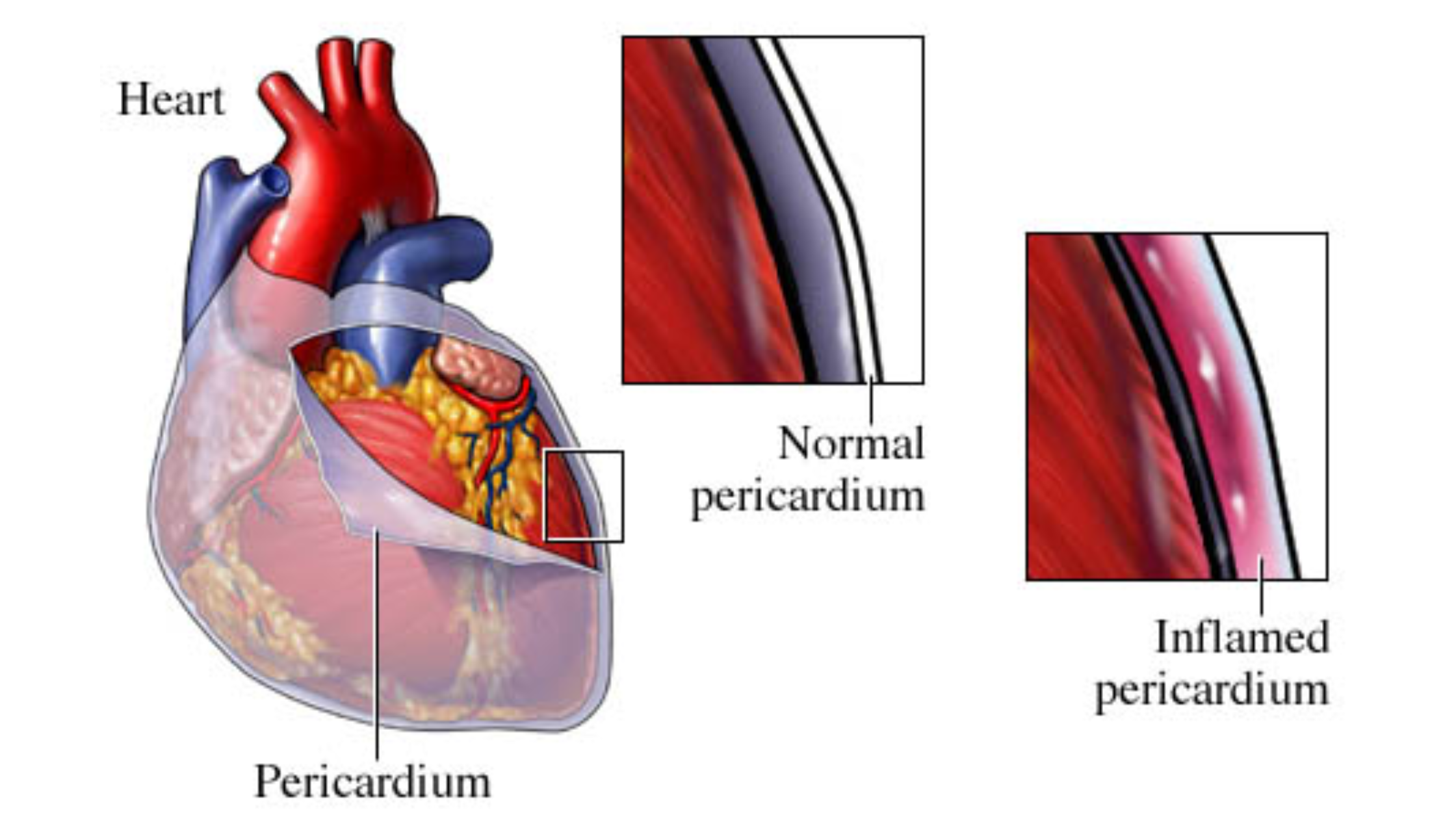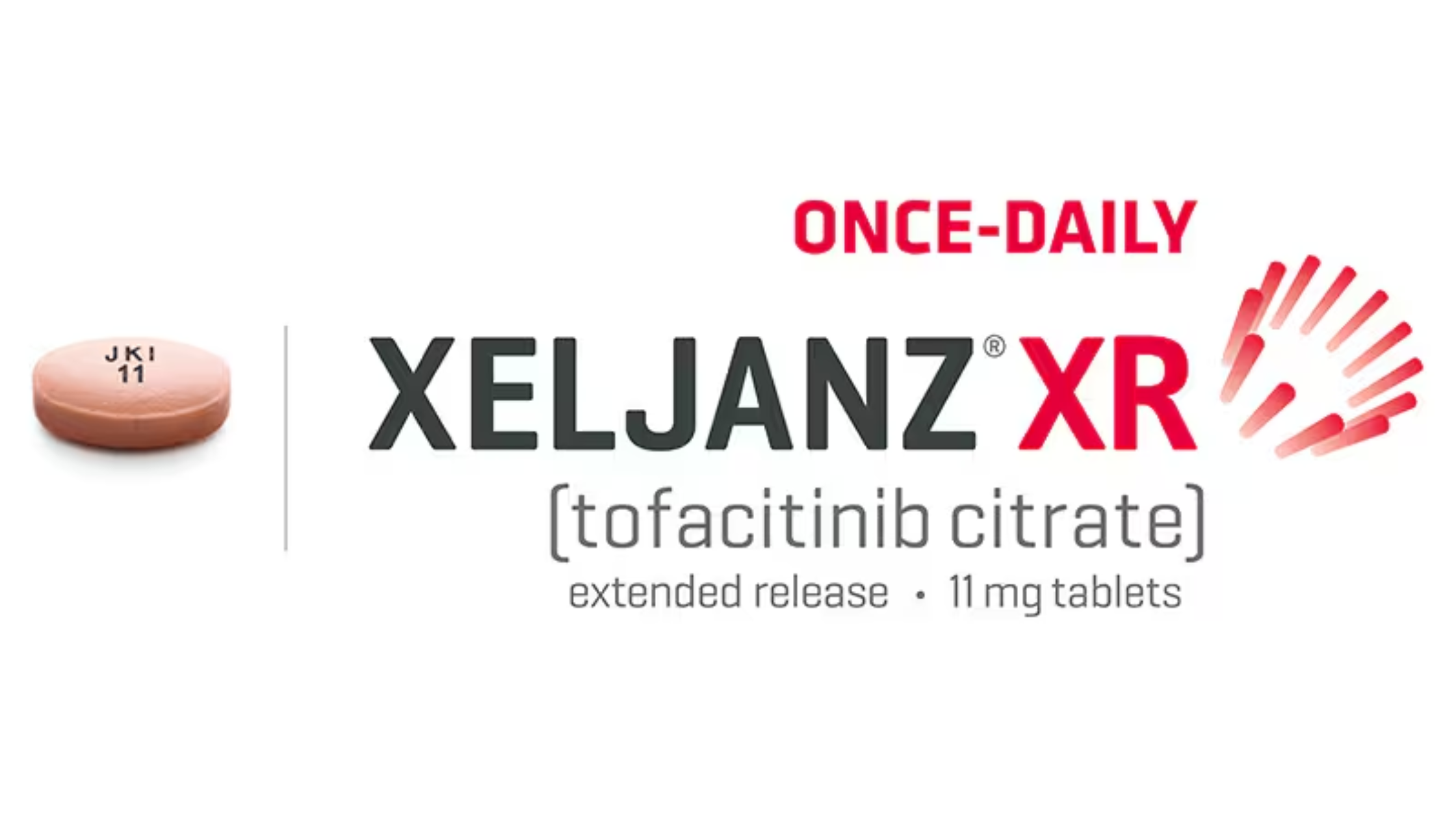When I first noticed a strange rash forming on my chest, I didn’t think much of it. But soon, the rash became painful blisters, and I was diagnosed with shingles on the chest. Shingles, also known as herpes zoster, is a painful viral infection that causes a rash, typically on one side of the body. In this article, I’ll dive deep into what causes shingles, the symptoms, and most importantly, how you can treat and manage this condition effectively.
What Causes Shingles?
Shingles is caused by the varicella-zoster virus, the same virus responsible for chickenpox. After you’ve had chickenpox, the virus remains dormant in your nerve tissue near your spinal cord and brain. Years later, it can reactivate as shingles. But why does this happen?
- Weakened Immune System: One major reason is a weakened immune system, which can occur due to aging, stress, or illnesses such as HIV/AIDS or cancer.
- Medications: Certain medications, like steroids or chemotherapy, can weaken your immune system, making you more susceptible.
- Stress: High levels of stress can impact your immune system’s ability to keep the virus in check.
- Age: People over the age of 50 are at a higher risk for developing shingles.
Symptoms of Shingles on the Chest
Shingles usually starts with pain and itching before developing into a rash. Here’s a closer look at the symptoms:
- Pain and Burning: The first symptom I noticed was a sharp, burning pain on one side of my chest.
- Red Rash: A few days after the pain started, a red rash began to form. The rash typically appears in a stripe or belt-like pattern.
- Blisters: The rash soon turned into fluid-filled blisters, which eventually burst and crust over.
- Itching: Along with pain, itching was a constant, uncomfortable companion.
- Fever and Fatigue: Some people, including myself, also experience fever, headaches, and a general feeling of being unwell.
How to Diagnose Shingles
If you suspect you have shingles, it’s crucial to see a doctor for a proper diagnosis. Your doctor will typically diagnose shingles based on the distinctive rash and your symptoms. In some cases, they might take a tissue scraping or culture of the blisters to confirm the diagnosis.
Treatment Options
Once diagnosed, your doctor will likely prescribe antiviral medications to help speed up the healing process and reduce the severity of the symptoms. Here are the main treatment options:
- Antiviral Medications: Drugs like acyclovir, valacyclovir, and famciclovir can shorten the duration of the rash and alleviate pain.
- Pain Relief: Over-the-counter pain medications like ibuprofen or acetaminophen can help manage pain. In severe cases, prescription painkillers or nerve block injections might be necessary.
- Topical Treatments: Applying calamine lotion or using cool compresses can soothe the skin and reduce itching.
- Antidote for Pain: In some cases, corticosteroids may be prescribed to reduce inflammation and pain.
Home Remedies
In addition to medical treatments, several home remedies can help alleviate the discomfort associated with shingles:
- Cool Baths: Taking cool baths or applying cool, wet compresses to the affected area can help reduce pain and itching.
- Loose Clothing: Wearing loose-fitting clothing can prevent irritation of the rash.
- Diet: Eating a well-balanced diet and staying hydrated can support your immune system.
- Rest: Ensuring you get plenty of rest is vital for recovery.
Preventing Shingles
While you can’t completely prevent shingles, there are steps you can take to reduce your risk:
- Vaccination: The shingles vaccine (Shingrix) is highly effective in reducing the risk of shingles and its complications. It’s recommended for adults over 50.
- Healthy Lifestyle: Maintaining a healthy lifestyle, including regular exercise, a balanced diet, and stress management, can keep your immune system strong.
- Avoiding Contact: If you have shingles, avoid close contact with pregnant women, newborns, and individuals with weakened immune systems to prevent spreading the virus.
Complications of Shingles
Shingles can lead to several complications, some of which can be severe:
- Postherpetic Neuralgia (PHN): This condition causes persistent pain even after the rash has healed. It can last for months or even years.
- Vision Problems: If shingles affect the eye, it can lead to vision loss.
- Skin Infections: The open blisters can become infected with bacteria, requiring additional treatment.
- Neurological Issues: In rare cases, shingles can cause inflammation of the brain (encephalitis), facial paralysis, or hearing problems.
Shingles on the Chest- My Personal Experience
Dealing with shingles on the chest was one of the most challenging health issues I’ve faced. The pain was intense, and the itching was relentless. The antiviral medications helped reduce the severity of my symptoms, but it was the combination of medical treatment and home remedies that truly made a difference. Cool baths and loose clothing provided relief from the constant irritation, and rest was crucial for my recovery.
Living with Shingles
Living with shingles, especially on the chest, can be difficult, but there are ways to manage the condition and maintain a good quality of life. Here are some tips:
- Pain Management: Find effective ways to manage pain through medications, topical treatments, and relaxation techniques.
- Emotional Support: Don’t hesitate to seek support from friends, family, or support groups. Dealing with a painful condition can be emotionally draining.
- Follow-up: Regular follow-up with your healthcare provider can help manage symptoms and prevent complications.
When Should You Seek Medical Attention?
It’s important to seek medical attention if you experience any of the following:
- Severe Pain: If the pain becomes unbearable, seek medical help immediately.
- Widespread Rash: If the rash spreads to other parts of your body.
- Eye Involvement: If you notice a rash near your eyes, seek urgent care to prevent vision problems.
- Persistent Symptoms: If your symptoms persist or worsen despite treatment.
Shingles and Covid-19
The Covid-19 pandemic raised concerns about shingles, especially in those with weakened immune systems. While there is no direct link between Covid-19 and an increased risk of shingles, stress, and a weakened immune system due to illness can trigger the reactivation of the varicella-zoster virus.
Frequently Asked Questions (FAQs)
1. Can shingles be spread to others?
No, you cannot catch shingles from someone else. However, if you have shingles, you can spread the varicella-zoster virus to someone who hasn’t had chickenpox, potentially causing them to develop chickenpox.
2. How long does shingles last?
The rash usually lasts 2 to 4 weeks. However, the pain can persist for months or even years in some cases, known as postherpetic neuralgia (PHN).
3. Is shingles contagious?
Shingles itself is not contagious, but the virus can be spread to someone who hasn’t had chickenpox, causing them to develop chickenpox.
4. Can stress cause shingles?
Yes, high levels of stress can weaken your immune system, making you more susceptible to the reactivation of the varicella-zoster virus.
5. Can shingles recur?
While it’s uncommon, shingles can recur. If you’ve had shingles once, you can still get it again.
A Recap
Shingles on the chest is a painful and uncomfortable condition, but with the right treatment and self-care, you can manage the symptoms and prevent complications. If you suspect you have shingles, seek medical attention promptly to start antiviral treatment. Remember, the shingles vaccine is your best defense against this condition, so consider getting vaccinated if you’re eligible.
Living with shingles was a challenging experience, but through proper care and treatment, I was able to recover and get back to my normal life. If you’re dealing with shingles, know that you’re not alone, and there are effective treatments available to help you through this tough time.
For more updates on managing health, visit The Antidote.



